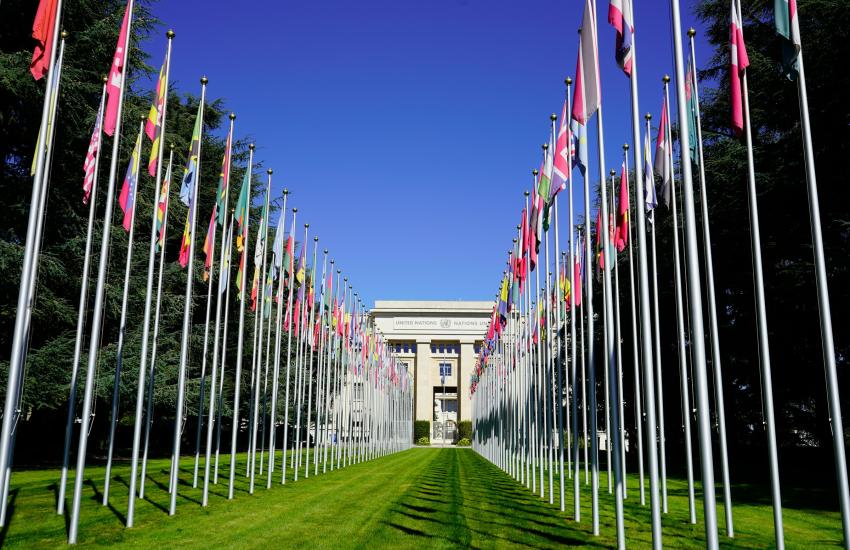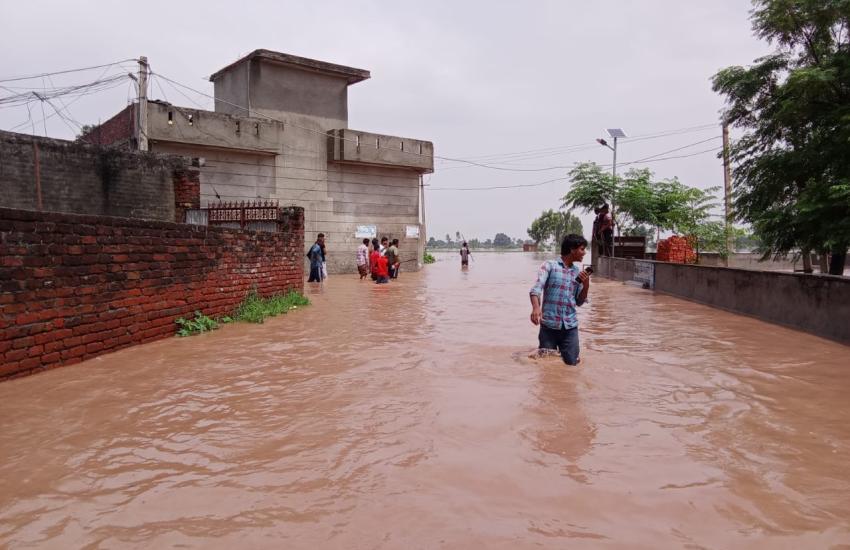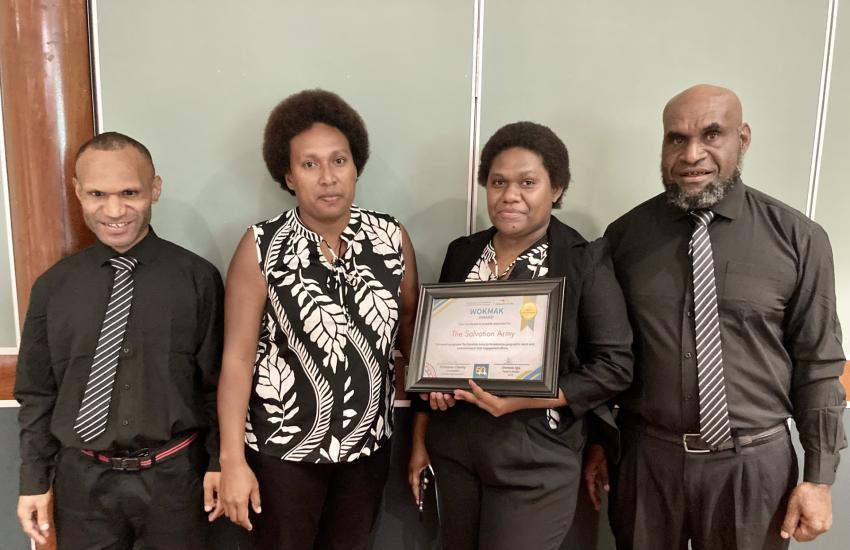AS bushfires raged in parts of the Australian island of Tasmania in early January, The Salvation Army quickly deployed emergency response teams to assist affected communities.
The Salvation Army’s southern regional emergency services team initially served meals and refreshments to people in the Tasmanian state capital, Hobart, who were disembarking ferries from the bush fire-hit town of Nubeena. The response then grew to provide assistance in Sorell – the largest town that is close to the restricted areas – and, after a fire brigade escort, an emergency services trailer was placed in Dunalley and Nubeena. As well as providing assistance to people evacuated from their homes, The Salvation Army supplied food and drink to members of the emergency services and the military.
Financial assistance and counselling is also a major component of the Army’s response.
The Salvation Army’s Carlton Corps (church) – located between Dunalley and Sorell – was close to the fires but it escaped damage and became a drop-in point for people to collect clothing, blankets and food.
‘Initial assessments show the damage caused by these fires to be severe and we expect to be required by the Tasmanian community for the coming weeks,’ said Envoy Warwick Wilson, territorial emergency services coordinator. ‘We are committed to remaining in these communities for as long as we are required and will continue to provide emotional, financial and personal support to people affected. Our prayers are with these communities, particularly those in Tasmania and the extended Tasmanian community.’
By 8 January – several days into the response in south-east Tasmania – Captain Craig Wood (Tasmania divisional communications and fundraising secretary) estimated that more than 5,000 meals had been served. Salvos Stores – the Australian brand name for stores selling used goods – is providing items at no charge to people in need.
‘The Salvation Army has been inundated with offers of help, both financial and material, and people volunteering to do the hard yards on the ground, such as helping farmers rebuild fences,’ said Captain Wood. ‘In the recovery centre in Hobart, we’ve had people coming off the ferries and we’ve fed them, we’ve talked to them, and we’ve been able to share a bit about the hope we believe in. People also ask us why we do what we do and we’re able to share why we are called to serve people.’
Meanwhile, The Salvation Army was also assisting communities in Victoria and South Australia affected by bush fires.
Report by Captain Mal Davies





